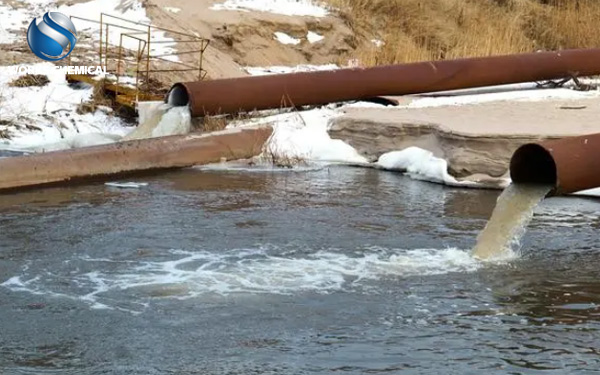
Sludge is a by-product of the biochemical and physicochemical treatment of sewage. Because sludge contains a large number of pollutants in sewage, the risk of environmental impact is greater. The sludge has the characteristics of high water content, high organic matter, fine particles, low density and hydrophilicity, and is easy to be transported by pipeline, but the dewatering performance is poor.
With the improvement of China's urbanization development level, the sewage treatment capacity has increased year by year, and the sewage treatment facilities have become increasingly perfect. According to the "2020 China Sewage Treatment Industry Development Briefing", the number of urban sewage treatment plants in China will reach 2,679 in 2020, with a daily sewage treatment capacity of 192 million cubic meters, an increase of 7% over 2019, and the number is still on the rise. Accompanied by this, the amount of sludge produced by China's municipal sewage treatment plants is also increasing year by year. If it cannot be effectively treated and disposed of, "sludge siege" will become a new environmental problem in many places.

At present, most sewage treatment plants use sludge dewatering equipment to dehydrate the sludge, but the effect of dewatering the sludge using equipment alone is not ideal, and the water in the sludge can not be separated. Therefore, the cost of subsequent treatment of sludge in sewage treatment plants is very high. Sludge conditioner can effectively reduce sludge moisture content. Sludge conditioner is a chemical agent that can change the surface structure of sludge, reduce the solid surface load of sludge, reduce the specific surface area of sludge and destroy the structure of bacteria. The main components are inorganic compounds, sludge surface structure modifier, degreaser, wall breaking agent, sludge surface treatment agent, sludge stripping agent and so on.
The sludge conditioning agent is used to adjust the sludge into the filter chamber of the filter press, and the pressure is about 1.0MP, which is conducive to effectively filtering the free water in the sludge. After the accumulated sludge in the filter chamber reaches the design capacity of the filter press, it enters the high-pressure press stage. The final dryness of the press dehydrated sludge is closely related to the effect of chemical conditioning modification, as well as the filling degree of the press chamber, the increase rate of press pressure and the retention time of press pressure. When the chemical conditioning achieves better results, the use of high pressure feeding and high pressure pressing can shorten the time of the entire press section and improve production efficiency. Automatic discharge and backblowing of filter material (filter cloth) are completed at the same time, which can reduce the labor intensity of the controller, and improve the efficiency of the completion of the action, and maintain the effect of the filter cloth to intercept sludge and permeable water.